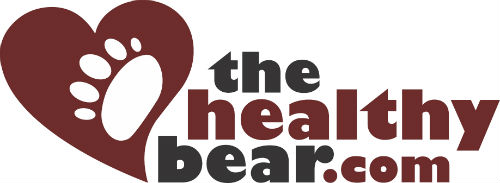News today from France shows indications that early HIV treatment can result in “functional cure” in 1 in 10 people recently diagnosed with HIV infection.
A group of patients known as “The Visconti Cohort” had all been treated with HAART, the now standard treatment of HIV, within 10 weeks of their point of infection. Most stayed on the early HIV treatment for three years and then ceased the medication.
Normally when someone living with HIV stops their medications the amount of virus in the body will rapidly increase. This bounce back did not happen in the Vinconti group with some members keeping the viral load under control for 1o years.
This news follows the report of a young girl in the USA also considered “functionally cured” after being born to a HIV positive mother. The child received aggressive early HIV treatment from birth. This child was lost to follow up and had not been taking HIV treatment for more then a year. When tested, no HIV virus was detected in her blood.
While this report created quite a flurry of conversations about “functional cure” of HIV one doctor, Mark Siedner, has questioned if the child was only exposed to HIV rather then infected in his opinion piece in The Wall Street Journal.
Dr Siedner’s article questions if there was any real functional cure or if the treatment was more prevention.
He suggests it may be the same response a child would have if the mother was treated with HIV medicines during pregnancy.
While it is not sure who’s opinion is closest to the money, what we do know is that early HIV treatment does offer the best opportunity for return of immune function and health of those treated.
Currently in Australia the criteria for going onto HIV treatment are based on rising levels of viral load, drops of CD4 T-cell count or for an “AIDS defining disease” like Karposi sarcoma or PCP infection to present.
My concern is that by waiting till a person “is sick enough” to receive treatment we are missing the potential opportunity of increased immune recovery or even “functional cure” if treatment is offered early after infection.
HIV drugs are expensive but will early treatment reduce cost of HIV related problems later in life? This is just one of the many questions still poised with the new evidence of the benefits of early HIV treatment.
What are your thoughts? Should early HIV treatment be available if a person is willing to go onto treatment with the chance of better outcomes?
I’d love to hear your thoughts in the comments below.
Yours in good health.
Dr George

Leave a Reply